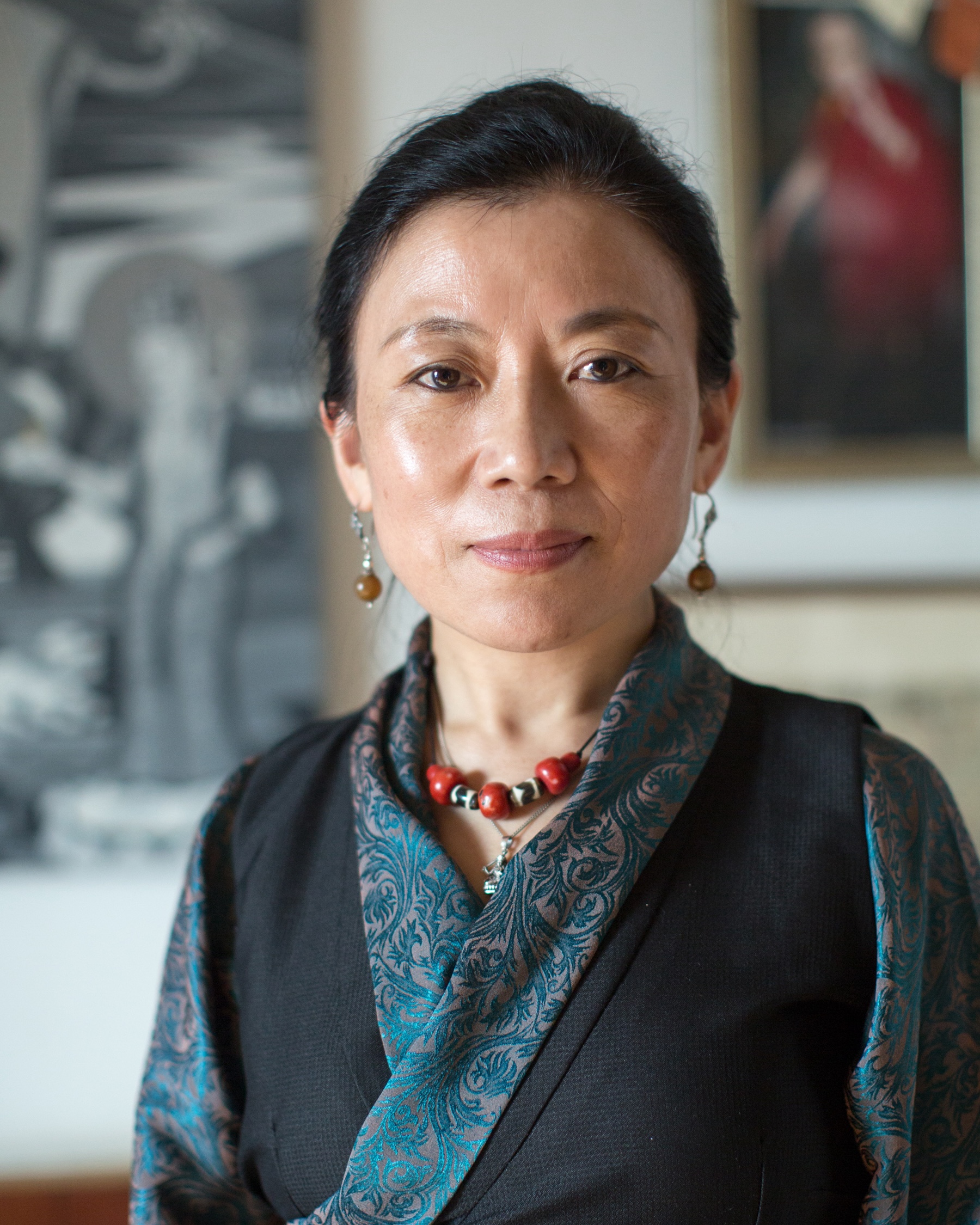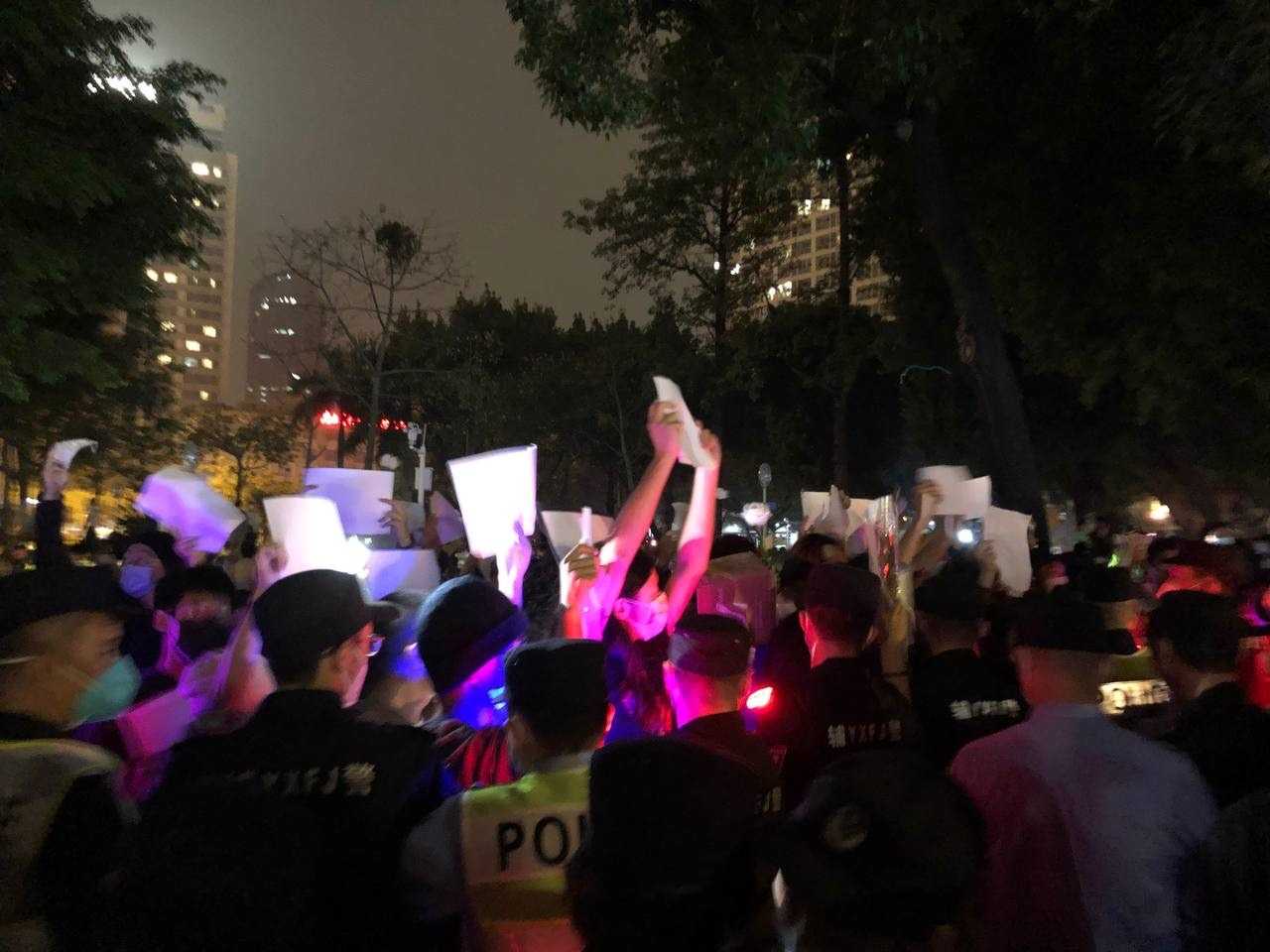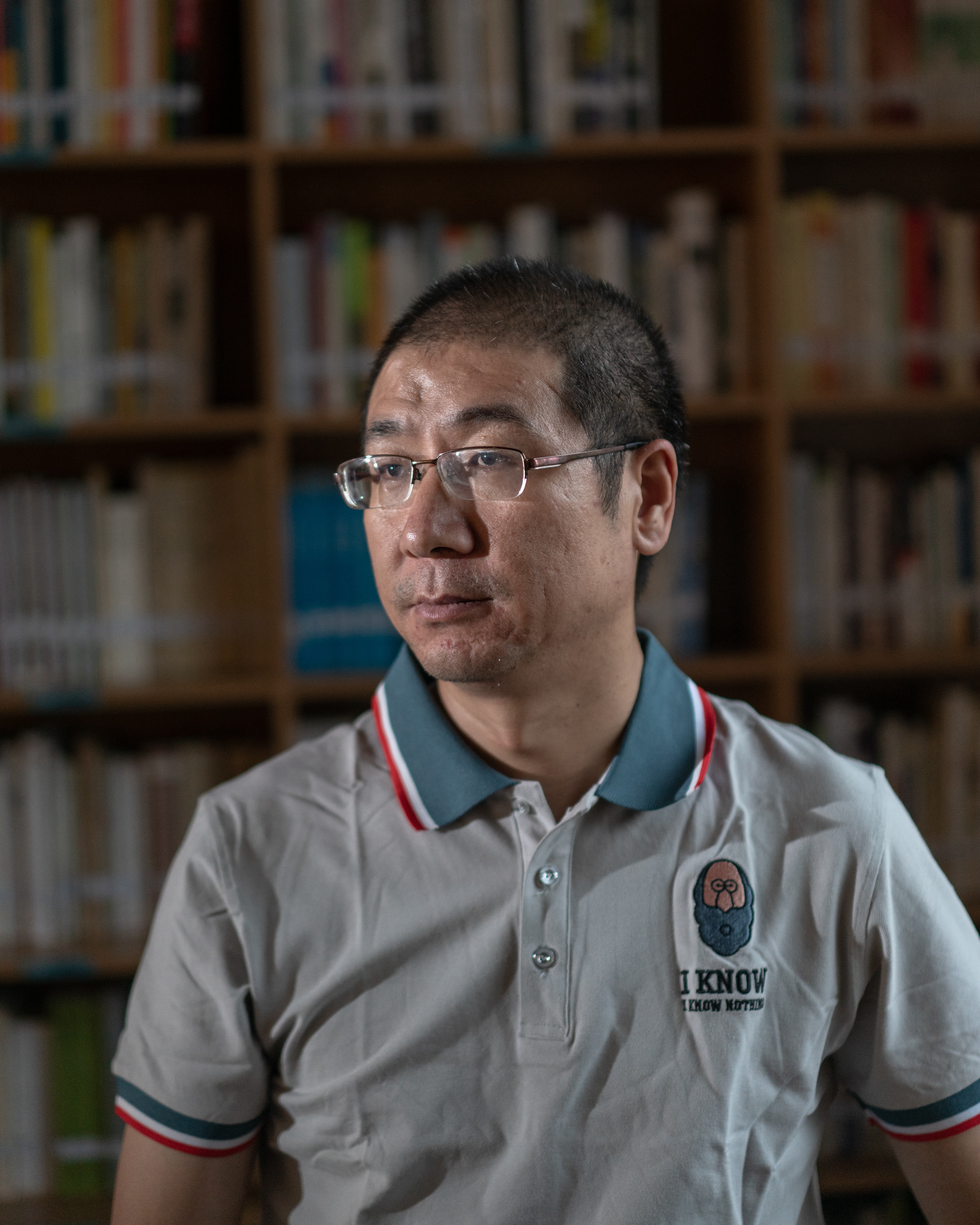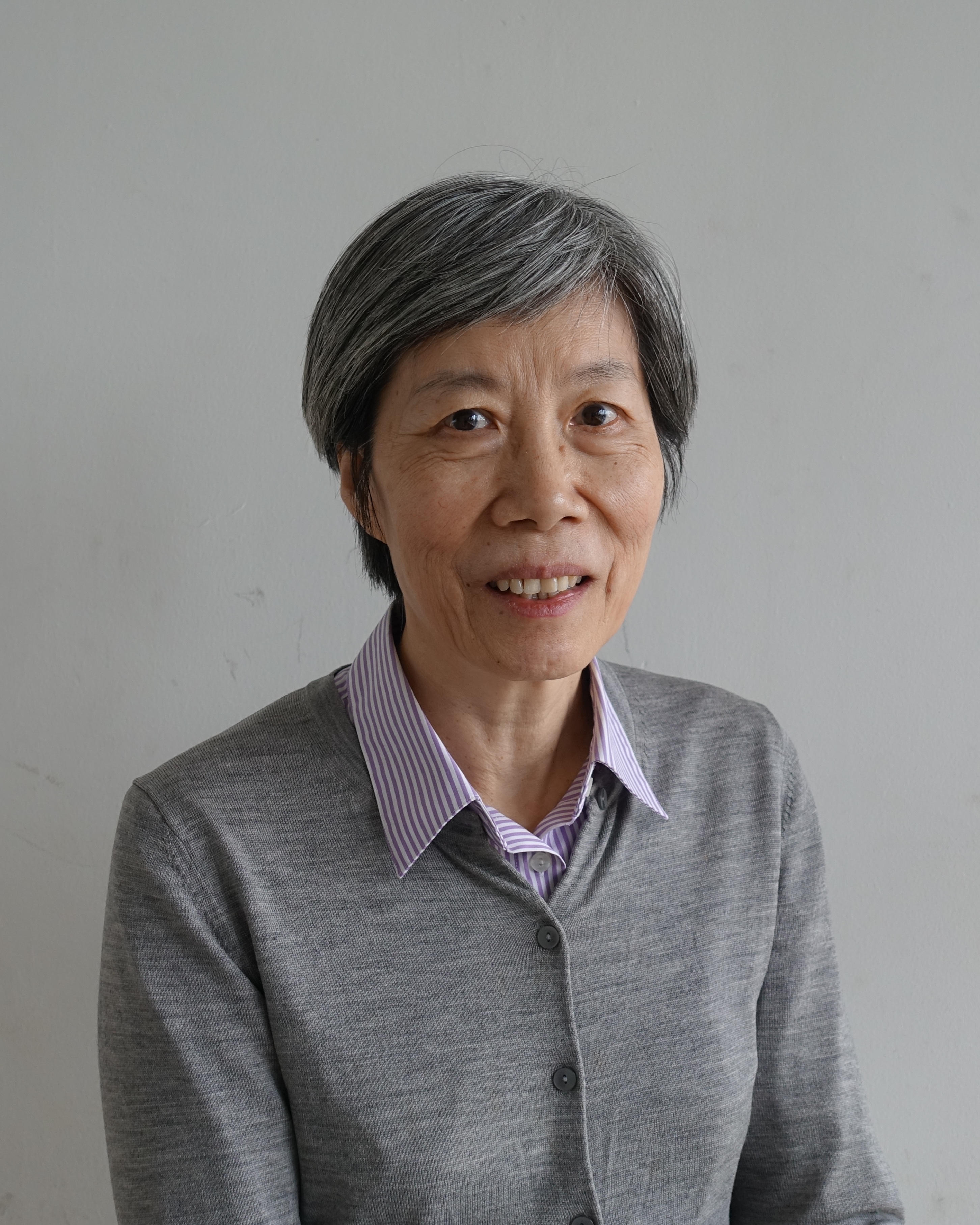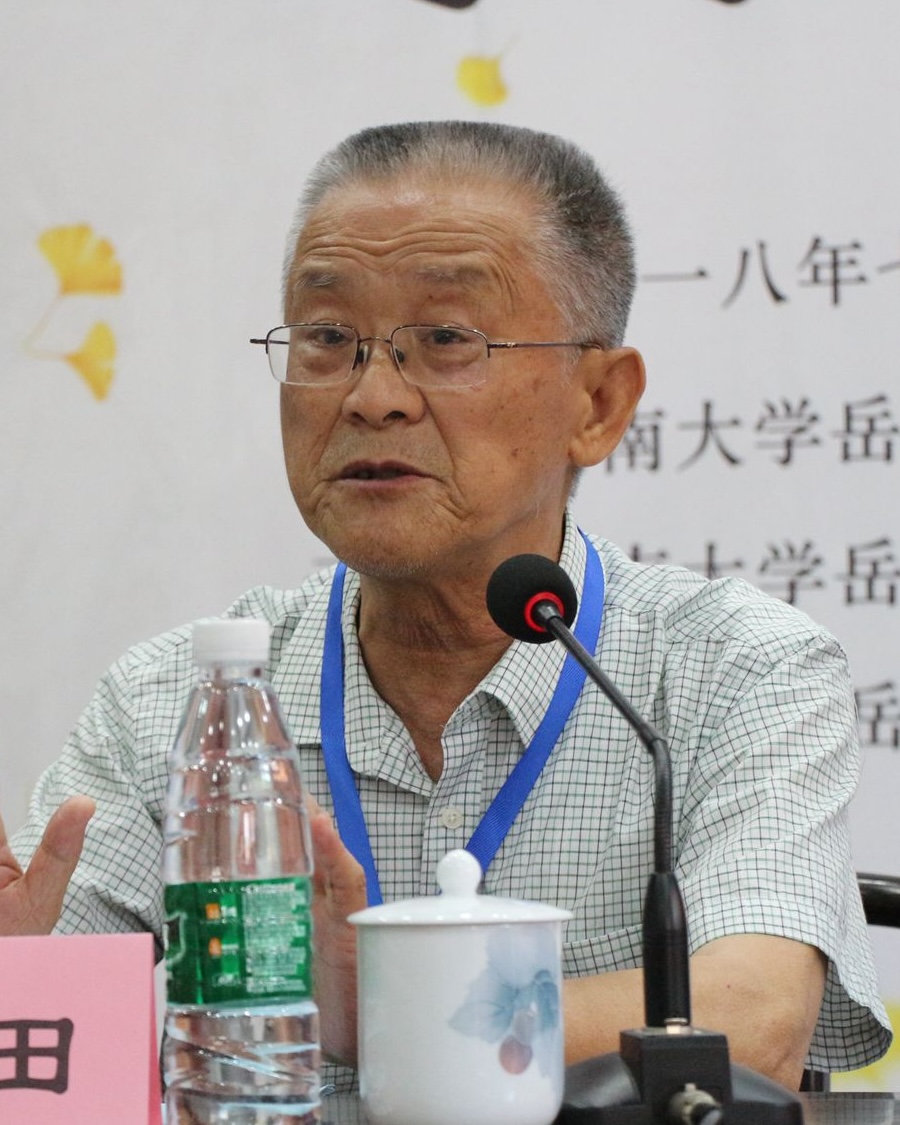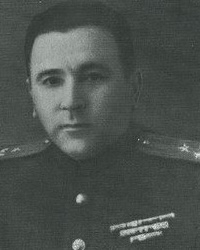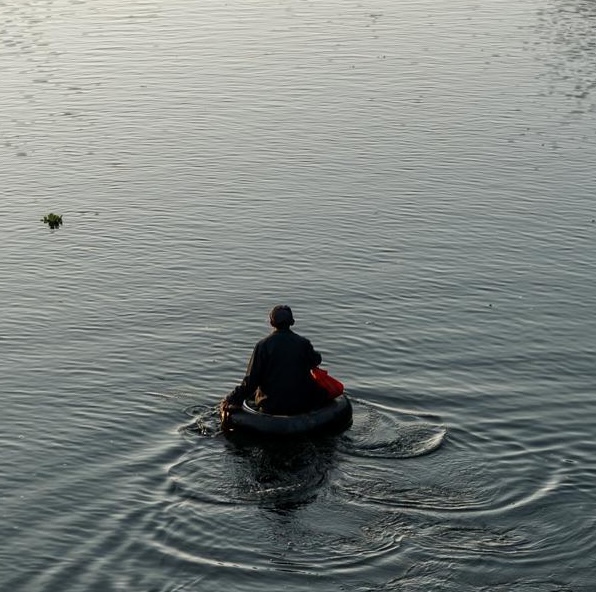
Welcome to our archive
This is the first of what we anticipate will be a semi-regular feature of the China Unofficial Archive.
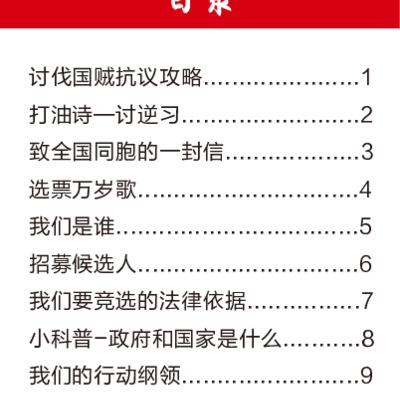
Toolkit for the Removal of Xi Jinping
Before carrying out the protest, Peng Lifai had published a strategic guide for strikes and boycotts on ResearchGate. This 20-chapter document, spanning 21 pages excluding the cover and table of contents, summarized Peng's personal political ideas and served as an explanation of his actions. Read English summary <a href="https://chinachange.org/2022/10/19/bridge-man-peng-zaizhous-mission-impossible-and-his-toolkit-for-the-removal-of-xi-jinping/">here</a>.
The first chapter, "Strategy for Protesting Against National Traitors," explains that the purpose of strikes and boycotts is to oppose Xi Jinping's unconstitutional re-election and to push China toward democracy, freedom, and prosperity. It also outlines the methods of protest, including decentralization in the early stages, organizing communities and universities into networks, and using information and non-violent means to spread the message rapidly. Proposed methods of protest include honking car horns, strikes, boycotts, hanging banners, distributing leaflets, burning tires, and setting up roadblocks.
In the second chapter, "Opposing Xi," Peng Lifai wrote a humorous poem.
The third chapter, "A Letter to Fellow Countrymen," enumerates the regressions in Chinese society under Xi Jinping's rule, drawing connections to China's history of power transitions, uprisings, and political changes. He criticizes the oppressive nature of the "zero-COVID" policy and calls for resistance from various groups, including soldiers, police, party members, the media, unemployed and bankrupt individuals, entrepreneurs, civil servants, university students, and intellectuals. Peng emphasizes the need for soldiers, police, armed police, and government officials to receive the protest message, hoping for leaders like General Cai E from the Republic of China era, who opposed Yuan Shikai’s imperial ambitions, to rise and help remove the dictator. He writes, "Fellow countrymen, we are the masters of the People's Republic of China. If we remain silent, we will all become slaves to the dictator. For the right to vote, for fairness and justice, for freedom and democracy, for ourselves and our future generations, let us embark on a new national defense movement."
The fourth chapter, "Long Live the Ballot Song," calls for national elections for people's representatives and officials. It includes a cartoon designed by Peng, turning a nucleic acid testing booth into a polling station, with the caption: "We’ve been pretending to vote for three years. Just place a ballot box at the testing site."
The fifth chapter, "Who Are We," lists China's marginalized groups, including migrant workers, lower-class citizens, flexible workers, unemployed graduates, education sector employees, low-income populations, small businesses, and left-behind children. It concludes with Peng’s statement: "We need to be our own masters. We don’t need to live in a cage."
Chapters six and seven discuss Peng’s vision for a Chinese Communist Party Free Election Committee and a National People’s Election Committee, along with the constitutional and party statute bases for these political concepts.
Chapter eight provides an explanation of the relationship between government, state, and citizens. Peng compares the relationship between citizens and the state/government to that of property owners and property management companies. He writes, "I do not owe gratitude to the property management company, because I am the owner who pays the property fee. I am its master, and it is my servant."
Subsequent chapters describe Peng’s vision for a new government and its key policy demands, including ending mandatory nucleic acid testing, implementing "Charter 08" (a manifesto supported by Nobel Peace Prize laureate Liu Xiaobo), reducing taxes, and reforming state-owned enterprises. He concludes by quoting imprisoned lawyer Xu Zhiyong’s "Letter to Xi Jinping," once again expressing opposition to Xi’s re-appointment as leader. In the copyright statement, he encourages readers to share the guide widely.
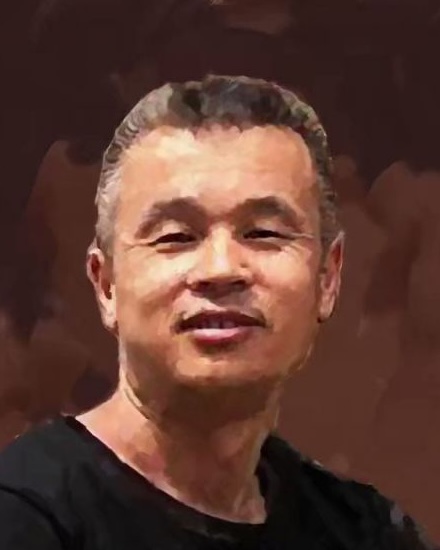
Peng Lifa (Peng Zaizhou)
Peng Lifai (1974–), an activist and dissident, whose online pseudonym is Peng Zaizhou, was born in Tailai County, Heilongjiang.
In October 2022, during the period of "zero-COVID", and while the Chinese Communist Party held the 19th Central Committee's Seventh Plenary Session, the 20th National Congress, and the 1st Plenary Session of the 20th Central Committee, two banners appeared on the bustling Sitong Bridge in Beijing on the morning of October 13. One banner read: "We want food, not nucleic acid tests! We want freedom, not lockdowns! We want dignity, not lies! We want reform, not the Cultural Revolution! We want votes, not a dictator!" The other read: "Strike, walk out of classes, and remove the dictatorial traitor Xi Jinping." The protesters also played sound equipment to publicly oppose Xi Jinping, referring to him as a "dictatorial traitor," while setting tires on fire to create thick smoke in order to attract attention. Afterward, the protester stayed at the site, allowing the police to arrest him, and firefighters cleaned up and extinguished the fire.
Shortly after the incident, the protester's Twitter account was found under the pseudonym Peng Zai Zhou, with the real name Peng Lifai. His Twitter <a href="https://twitter.com/lifa_Petter">@lifa_Petter</a> bio read, "A craftsman who loves freedom, science, and philosophy." Most of his content was deleted after his arrest, including his posts promoting the protest. His planned protest date had been October 16, the day the 20th National Congress of the Communist Party of China was held. Some believed that Xi Jinping would most likely extend his tenure as both Party General Secretary and President, breaking the principle set during Deng Xiaoping's era to abolish lifetime leadership positions and seeking a third term.
Before carrying out the protest, Peng Lifai had published a strategic guide for strikes and boycotts on ResearchGate. This 20-chapter document, spanning 21 pages excluding the cover and table of contents, summarized Peng's personal political ideas and served as an explanation of his actions.
Peng Lifai’s whereabouts are now unknown, but the incident is seen as a rare protest movement in recent years. Some media have called Peng "the lone brave one," "the bridge man," or "the Sitong Bridge man." Many dissidents have compared him to the "Tank Man," referring to him as the "new Tank Man"--a reference to the long person who stood in front of tanks on Chang’an Avenue after the 1989 Tiananmen massacre. Following the Sitong Bridge incident, the Chinese government imposed strict censorship on platforms like WeChat and Weibo. The protest received support from dissidents around the world, with many expressing solidarity by sharing protest posters online. According to a platform that tracks global dissent on Instagram, by October 23, 2022, over 1,500 reports of anti-Xi slogans had been submitted from more than 328 universities worldwide.
A netizen, felixxxlife, <a href="https://chinadigitaltimes.net/chinese/688534.html">commented</a>, "Each of us Chinese is living in a history shaped by him. I do not intend, nor do I have the power, to blow any trumpets. But I have a faint hope, for myself and for those who read these words: I hope more of us can realize that we are living in a massive lie and attempt to resist it—by all means possible. (Also, if possible, please don't forget the suffering of yourself and others.) As for how to resist, a warrior has already given his answer through action; and for the cowardly among us, at least we can start here: learn to live, speak, and act with integrity—no self-deception, no ignorance, no compromise."
